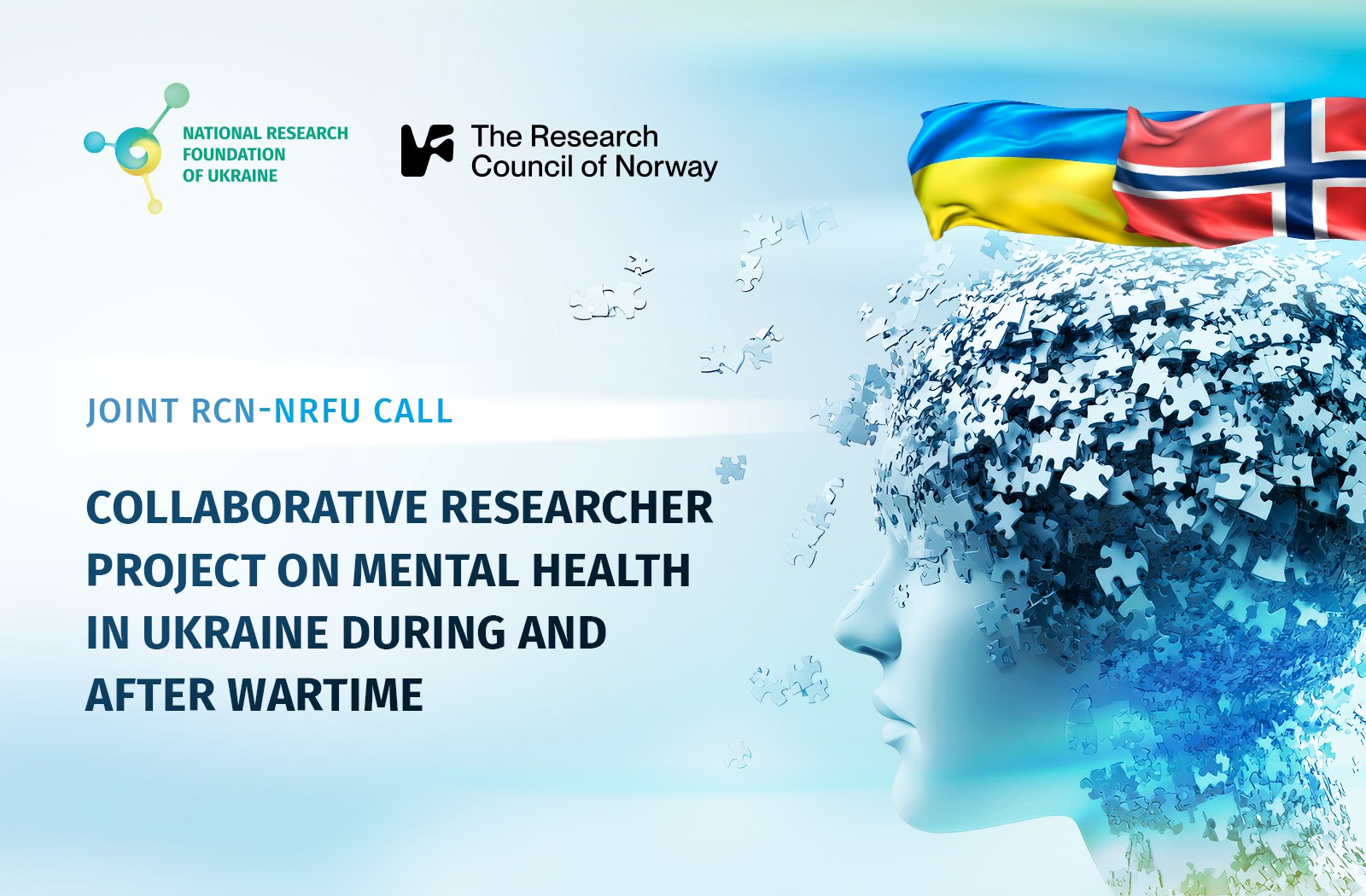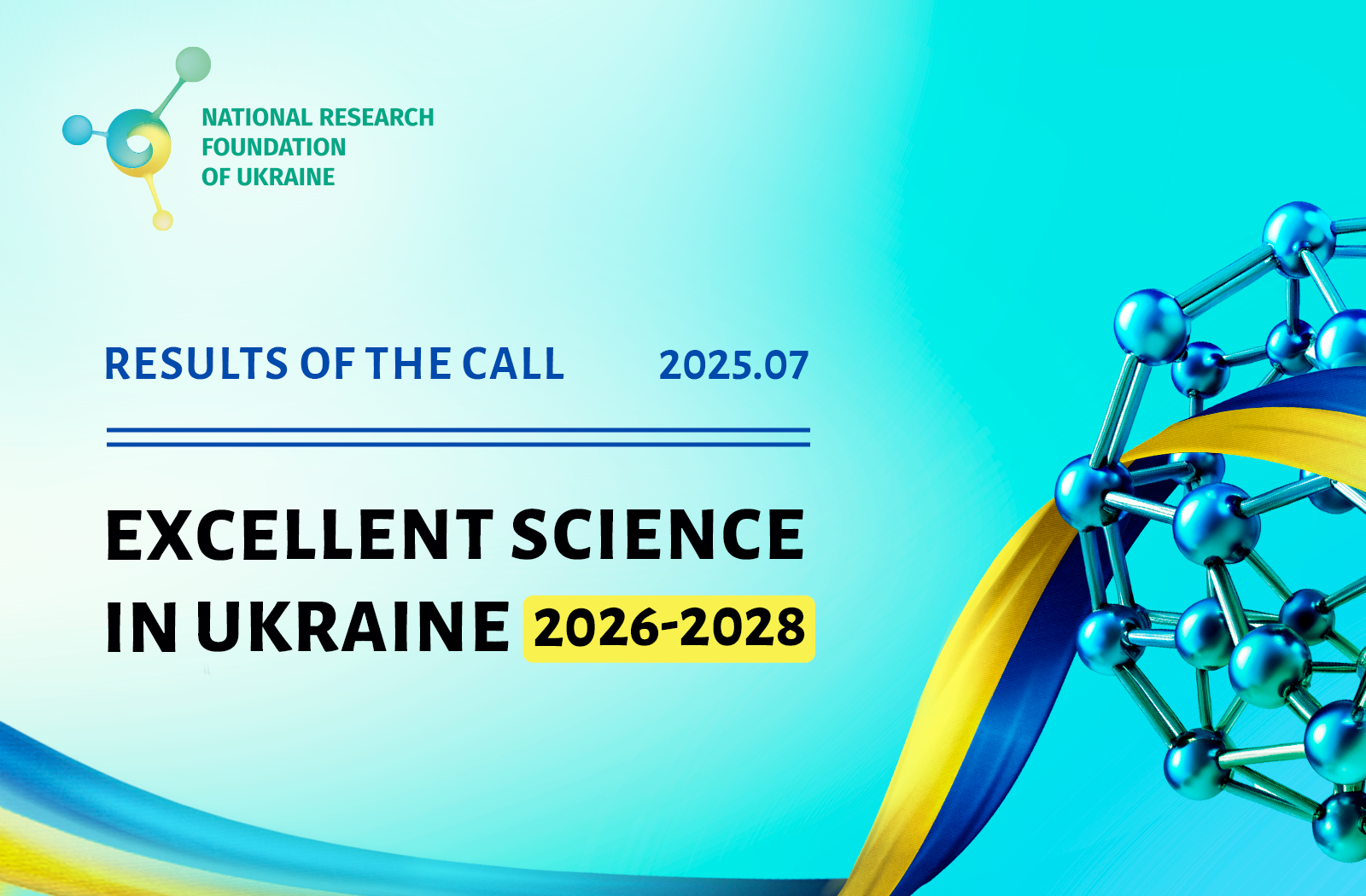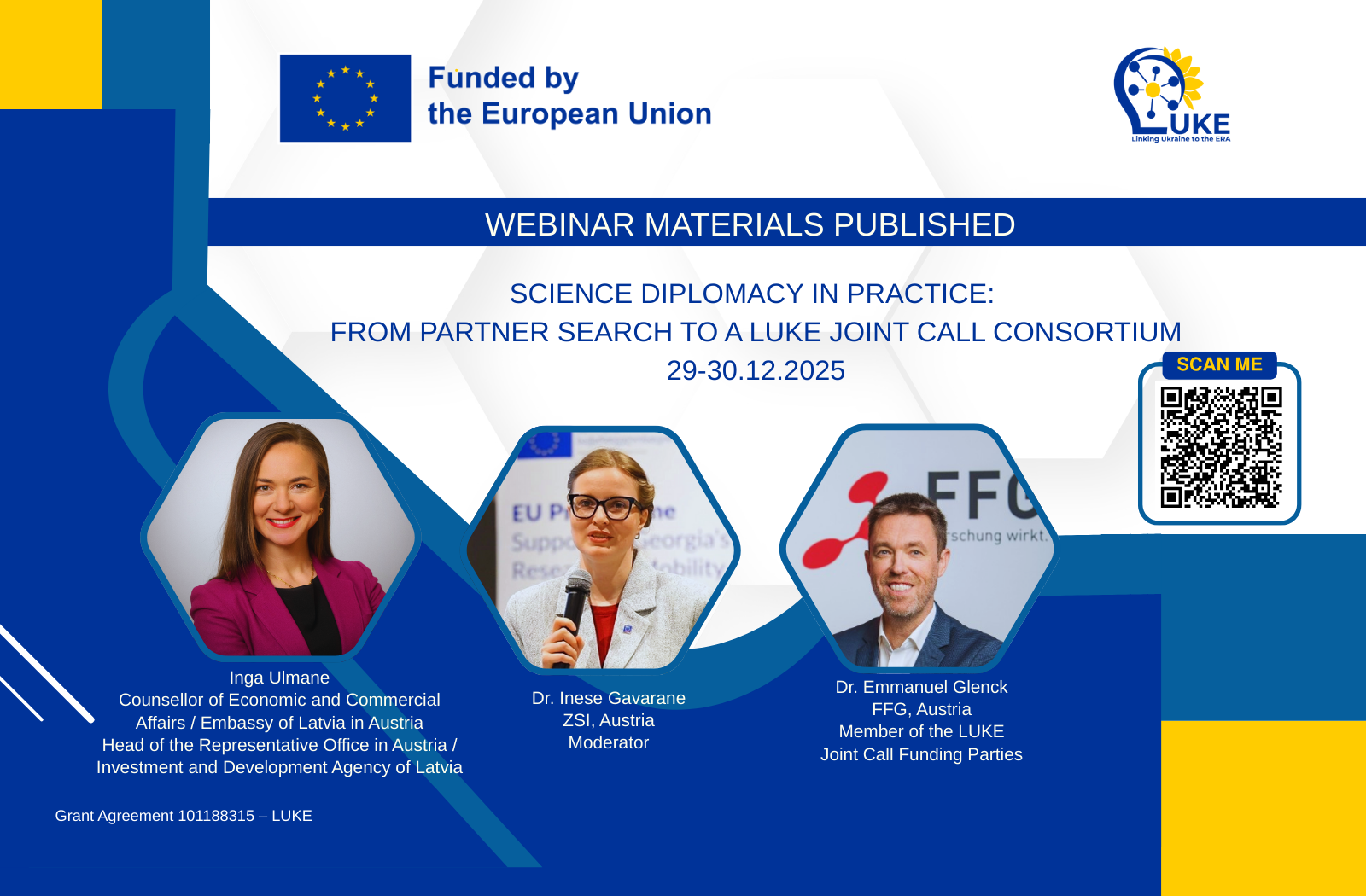Researchers are developing methods to help assess war damage and receive compensation
The damage caused to Ukraine as a result of russian aggression is enormous. In particular, the losses to natural systems are unprecedented in scale. In order to receive compensation for environmental damage and restore the territories in the future, a substantiated assessment of losses is needed. It is critically important that the assessment methodologies are recognized in Ukraine and abroad. They must consider the specifics of the military impacts. It`s necessary that the results of these assessments can be quickly applied in practice. They should also be as user-friendly, automated, and ready for use at the state and community levels. Researchers from the Institute of Geography of NAS of Ukraine, M.G. Kholodny Institute of Botany of NAS of Ukraine, Ukrainian Hydrometeorological Institute of NAS of Ukraine, and the State Emergency Service of Ukraine are working on developing methods for assessing environmental damage. They are implementing a project at the expense of a grant from the National Research Foundation of Ukraine ‘Geographic Information System for Spatial Assessment of Environmental Degradation in Ukraine as a Result of russian Aggression’.
We asked Yevheniia Maruniak, PI and Director of the Institute of Geography of NAS of Ukraine, for more details about the essence and objectives of the project.
Yevheniia Maruniak reminded that Ukraine had ratified a number of international conventions and agreements in the field of environment before the war. Now, before joining the EU, our country is improving its national legislation, and needs tools to implement its intentions and fulfill its obligations. “Based on international experience and our own developments, we are designing a methodology for assessing the environmental impact of the russian aggression. These methods will be used to develop geographic information systems for modeling and displaying the results of assessing the spatial consequences of the russian aggression (GIS CRA)”, explained the PI.
The research covers all levels of the environment, from national to local. However, the researchers are paying the most attention to problematic regions, for example, areas where the consequences of the Kakhovka Dam explosion are most noticeable. “The decline in water levels has changed the region’s ecosystems, and we need effective strategies and programs to restore them”, emphasized the researcher.
The project has two stages of the research, and the first is almost complete. The researchers have analyzed foreign and national experience in assessing the impact of the environment and ecosystem service; developed approaches to typifying the consequences of the hostilities and a prototype of a geographic information system of the consequences of the russian aggression (GIS CRA). According to the PI, the experience of the Institute of Geography of NAS of Ukraine in developing various GIS and atlas mapping helped to quickly implement the tasks.
The second stage is scheduled for 2024. According to the PI, the second stage is more complex and, at the same time, more interesting. In particular, the researchers are planning to develop and test a geographic information system of the consequences of the russian aggression. “We need to develop the structure of the GIS database, fill it in, test it, and adjust it”, explained Yevheniia Maruniak.
Of course, the project team is not doing all this to report on the results and put them off till better times. “The results of the project will first and foremost be implemented in the practice of public administration (Ministry of Environmental Protection and Natural Resources of Ukraine, Ministry for Communities, Territories and Infrastructure Development of Ukraine, Regional State Administrations),” said the PI. “Geographic information system of the consequences of the russian aggression (GIS CRA) will be useful in the development of mapping documentation, assessment of the impact of the environment, and strategic environmental assessment. I also hope that in the future our system will help to rehabilitate the territories”.
Obviously, the academic part of the research is also essential. The researchers will describe the results of their work in articles and a monograph, and prepare manuals, in particular a GIS user manual for civil servants and activists of local governments.
The project is being implemented by a multidisciplinary team with experience in assessing the environmental impact and ecosystem service using remote sensing of the Earth, GIS technologies, the UkrVeg vegetation database of Ukraine, etc.
The team consists of five Doctors of Sciences and nine PhDs, and early career researchers as well. “Figuratively speaking, we have been ‘battle-tested’ in the course of international projects”, says Yevheniia Maruniak. “For example, a few years ago, researchers from M.G. Kholodny Institute of Botany and the Institute of Geography, together with colleagues from other research institutions, published a monograph entitled ‘Methodology and Practice for Evaluating Territories of Ukraine for Conservation’. Researchers from the Institute of Geography and Ukrainian Hydrometeorological Institute collaborated in Ukrainian-German projects on climate change and water resources assessments. We are ready to perform a comprehensive assessment of the impact of the hostilities on the environment , from fires to mining and shelling, and, in the long run, to help minimize the risks to people”.
Interviewed by Svitlana Galata






